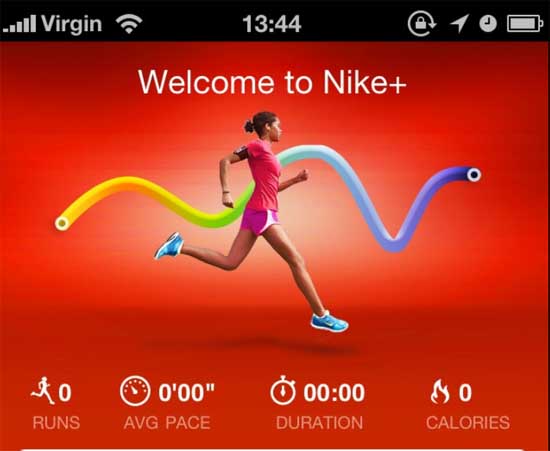By Doug Stephens

Here’s an incredibly simple test to see just how future-ready your business is.
Try answering the following question.
What exactly does your business sell?
Seems like an easy enough question. But if you’re like most businesses, your answer led you to a description of a particular product or service. “We’re a shoe store” or “We’re a quick-serve restaurant” or “We’re an insurance brokerage”. Am I right?
But here’s the idea…
If you look at many of the most disproportionately successful retailers and brands, you’ll notice that their products are actually secondary to something else – something more important. They don’t describe themselves in terms of any particular product or service. Instead, what they often sell is an idea. A compelling, emotionally seated, and achievable idea that is both inclusive and highly desirable.
Nike, for example, doesn’t sell shoes and apparel. Yes, those things are among what they ship, display and trade for money but what they sell is something quite different. They sell the potential to unleash one’s inner athlete. It doesn’t matter if you’re an overweight 45 year old or Olympic sprinter Usain Bolt, that idea remains the same. Consequently, through everything they do, Nike animates that idea through a myriad of products and services ranging from mobile apps, to Fuelbands, to apparel right through to community events. In other words, when we buy Nike we may or may not end up wearing shoes, but we’re always buying the same idea. And it’s the idea that differentiates Nike from competitors.
The same is true of Whole Foods, who is similarly selling us the idea of a healthier, more holistic lifestyle. With their Wellness Clubs and recently announced travel service, Whole Journeys, the grocer has transcended a cart of groceries, to become about something bigger and more compelling – the promise of improved health and vitality. They’ve imagined something far bigger and more meaningful than a mere assortment of products at a price.
And there are others….
Lululemon sells inner peace and spiritual health, REI sells the chance to discover our inner outdoors person and Red Bull sells a high-adrenaline lifestyle. All are brands for which the ideas they sell are infinitely more intriguing than the products they stock. Even a brand like BMW, who unabashedly focuses their brand on their products, elevates the idea to being an overall engineering pursuit and design value, with their use of the tagline, The Ultimate Driving Machine.
And if you’re thinking this only applies to high-end brands, it’s not so. Target became truly successful when they began selling shoppers on the idea that they could not only save money, but they could also feel good about themselves while they did. It was an idea so powerful, it compelled Walmart to attempt (quite unsuccessfully) to follow suit.
The fact is, the world really doesn’t need the products you have to sell.
There are plenty of grocery stores, shoe shops and other places to fulfil consumer needs if you’re no longer here. Your products aren’t what will future-proof you. Just the opposite; brands and retailers mired in the realm of selling products have to constantly look over their shoulder. They’re continually vulnerable to new competition. They can be easily disrupted by anyone with slightly better products, sharper prices or more convenient distribution. Product strategies can become confused, convoluted and limiting for brands.
Ideas on the other hand, are boundless and much harder for competition to replicate. A powerful idea guides strategy, makes new product and service extensions clearer and fosters organizational innovation. And in the end, authentic, inspiring and powerful brand ideas are what consumers buy.
When you sell products, you make commercials. When you sell ideas, you create things like this.
[youtube]http://youtu.be/obdd31Q9PqA[/youtube]
So, I’ll ask you again. What exactly does your business sell?

